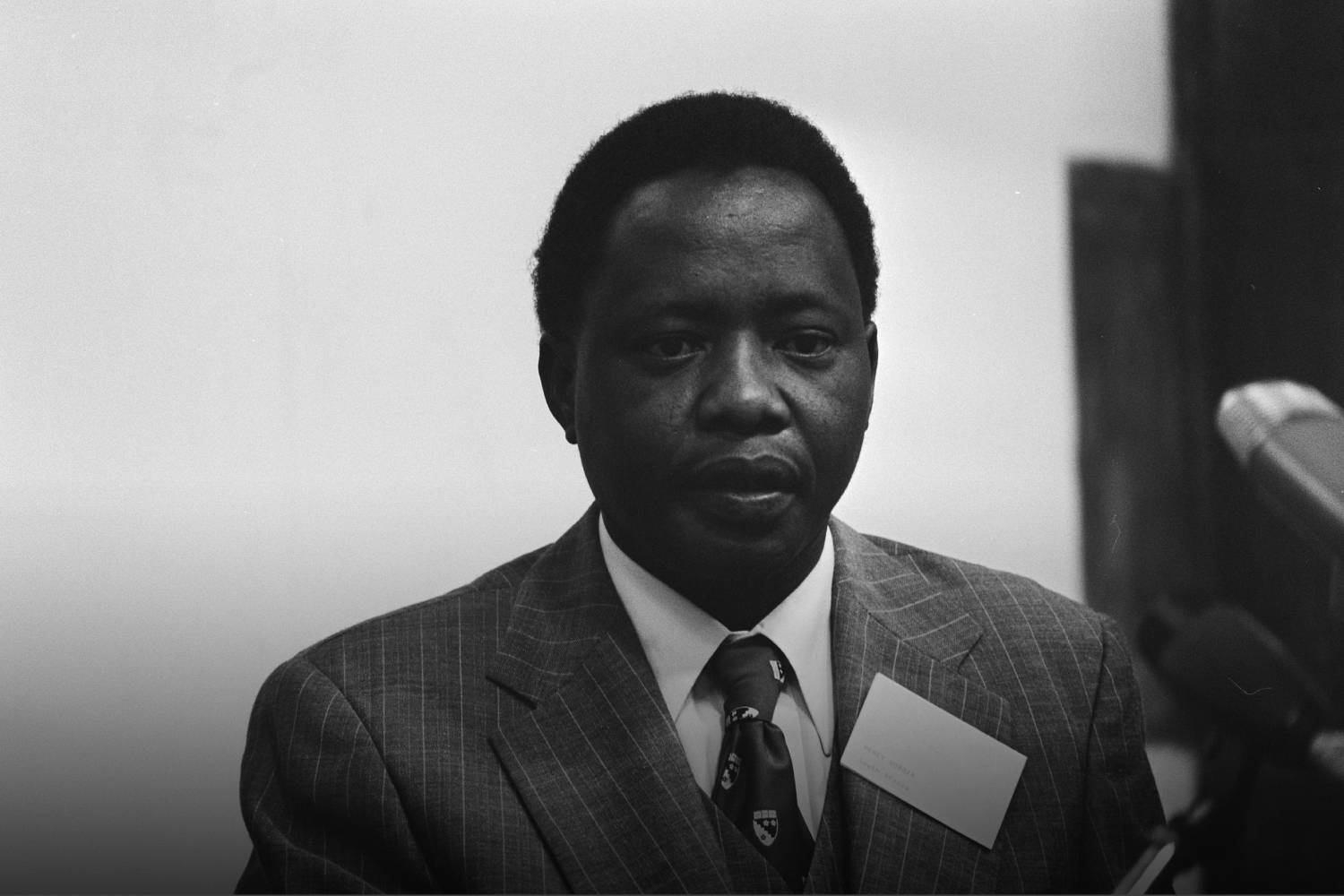January 17 marks a day of diverse historical significance in South Africa.
These historical events happened on 17 January
PLEASE NOTE: The third-party content below is shared on our platform for journalistic purposes. Swisher Post, its parent company, partners and affiliates shall not be held liable for any consequence that arises from the journalistic duties performed in sharing this content.
From advancements in civil aviation and meteorology to crucial moments in journalism and political activism, this date reflects the multifaceted history of the nation.
1. South Africa Approves the Constitution of the African Civil Aviation Commission (17 January 1996)
On this day in 1996, South Africa approved the Constitution of the African Civil Aviation Commission (AFCAC), becoming a pivotal moment in African civil aviation history.
AFCAC, established in 1947, aims to enhance cooperation in civil aviation across Africa.
South Africa’s approval, following its membership since 1994, was a significant step in fostering regional and sub-regional aviation plans.
2. The Johannesburg Meteorological Observatory Opens (17 January 1905)
Another landmark event on 17 January 1905, was the opening of the Johannesburg Meteorological Observatory.
Founded as the Transvaal Meteorological Department, its main objective was to monitor weather patterns. Dr Robert Innes, its first director, played a crucial role in its establishment.
The observatory, now a centre for science awareness, has evolved significantly since its inception, contributing greatly to meteorological and astronomical research in South Africa.
3. Death of Percy Qoboza, Anti-Apartheid Journalist (17 January 1988)
In 1988, Percy Qoboza, an influential journalist and critic of the apartheid regime, passed away. Born in 1938, Qoboza’s work, especially as the editor of The World newspaper, was instrumental in the fight against apartheid. His leadership during the Soweto riots and his fearless journalism earned him both national and international acclaim.
His death marked the end of a significant era in South African journalism.
4. Tana Baru Cemetery Uprising (17 January 1886)
The Tana Baru Cemetery Uprising in 1886 was a pivotal moment in the history of Cape Muslims. The closure of the cemetery under the Public Health Act of 1883 sparked a mass protest led by the Muslim community.
On 17 January 1886, defying the closure, 3000 Muslims buried a child at Tana Baru, leading to a march and subsequent unrest.
This event is remembered as a significant religious and political statement by the Cape Muslims in the 19th century.
5. Sol Kerzner Admits to Harms Commission (17 January 1989)
On this day in 1989, South African billionaire hotelier Sol Kerzner admitted to paying R2 million to Chief George Matanzima.
This confession to the Harms Commission was a revelation in a case of corruption that began in 1987, where Kerzner was accused of securing exclusive casino rights in the Transkei Province through bribery.
This event underscored the intertwined relationship between business and politics during a complex period in South African history.
